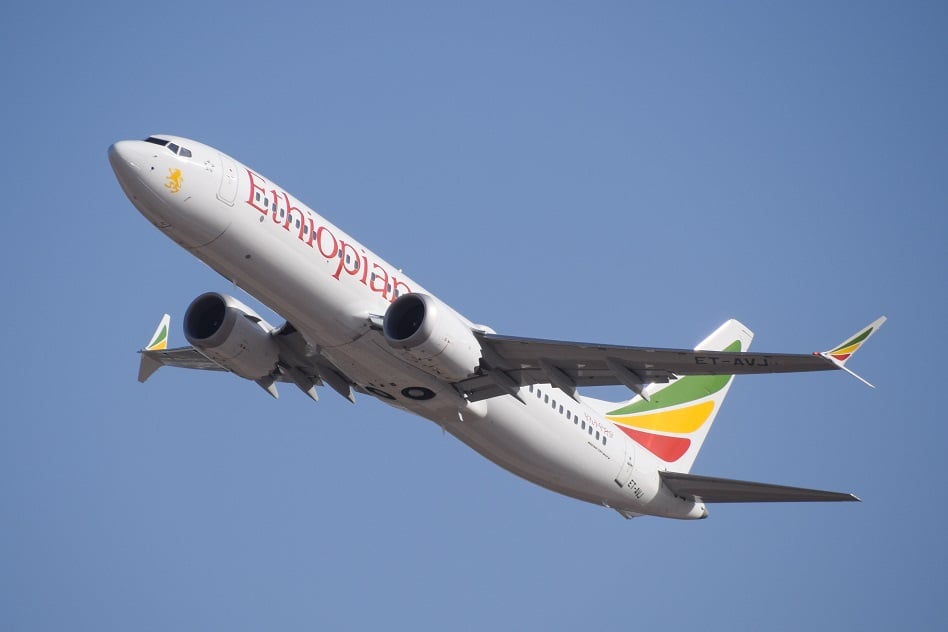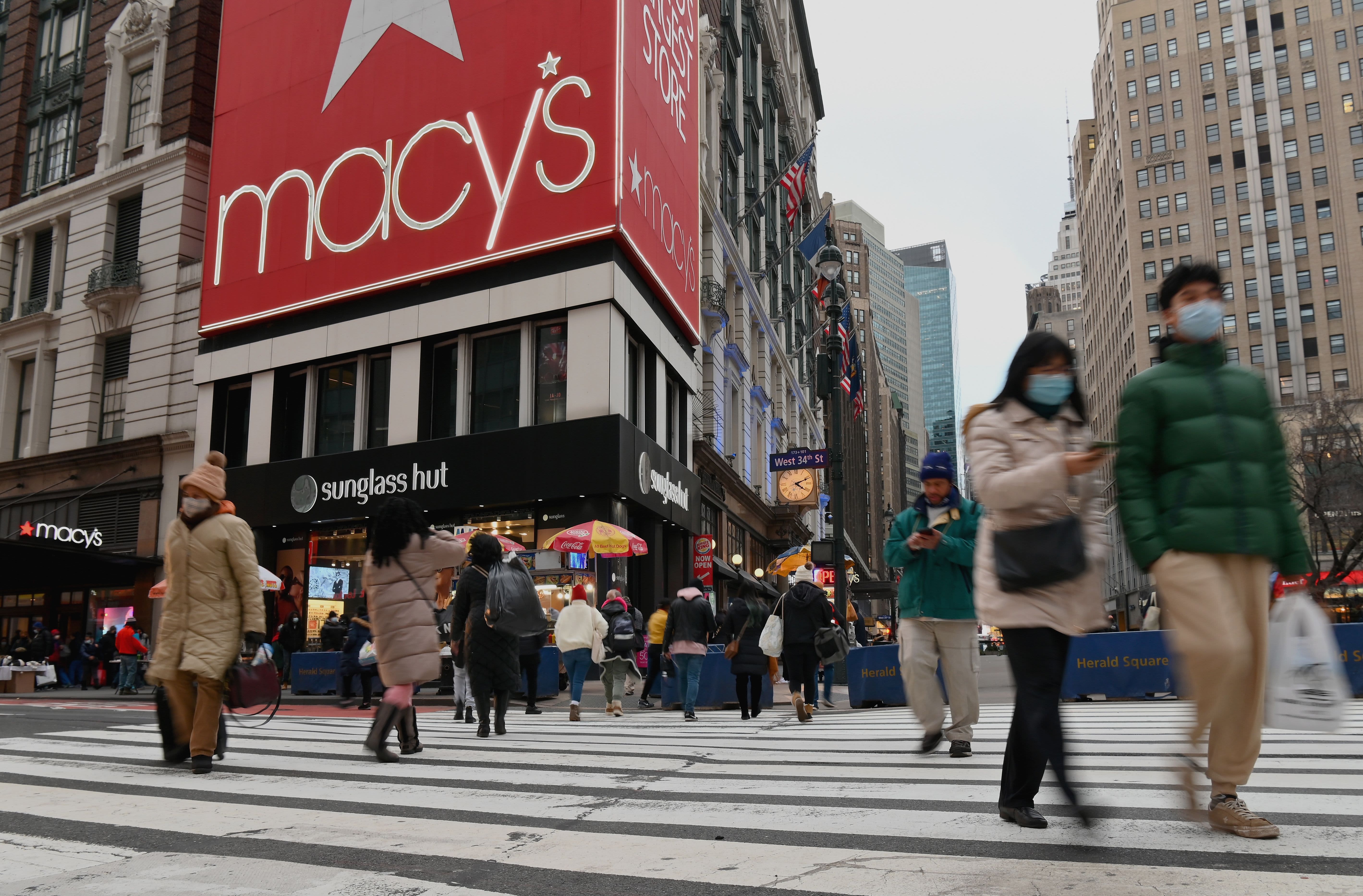Kuoni publishes carbon reduction plan in bid to reach net zero
Impact report launched alongside operator’s first climate action week

Kuoni has launched a report outlining a carbon reduction plan as it aims to reach net zero by 2030.
The operator’s impact report has been published in conjunction with its first company-wide climate action week, featuring a programme of events and training.
Managing director Mark Duguid (pictured) said sustainability will underpin Kuoni’s new business direction and the new report will “inform different ways of working”.
He said: “We believe that travel is a force for good and have long advocated for sustainability within our supply chain with a code of conduct and commitment to conservation and animal welfare.
“But we now have a much bolder ambition. Sustainability is an opportunity for innovation and we can use our influence to drive positive change across the supply chain through working with our destination partners and suppliers.”
Kuoni has committed to reducing its footprint with three goals in 2023:
Selling a higher percentage of European flights by increasing Europe in its holiday mixSupporting a higher proportion of holidays in GSTC-recognised propertiesReducing emissions in Kuoni UK stores and head office through a focus on waste reduction and more efficient energy consumptionClaire Ross, sustainability director for Kuoni and parent company Der Touristik UK, said: “Getting to a net zero target requires us to reduce our carbon footprint per customer by 50% by 2030.
“To make an impact we’ve measured our total operations in 2021 which gives us a baseline to work on. It’s an important and ambitious piece of work as part of our sustainability strategy.”
Kuoni’s impact report also focuses on efforts the company is making towards continued action and improvement to support animal welfare, child protection and social impact projects.
Ross added: “Training and education plays a key role in our plan and we’ve already started building in carbon literacy training and opportunities to see some of our destination project first hand on educationals.
“For example, our recent managers’ conference in Sri Lanka gave delegates an opportunity to visit the community mangrove planting project funded by the Der Touristik Foundation, which gave insight into how mangroves forests absorb more than twice as much carbon dioxide as tropical rainforests.”
The report can be read in full here.

 Kass
Kass 
































